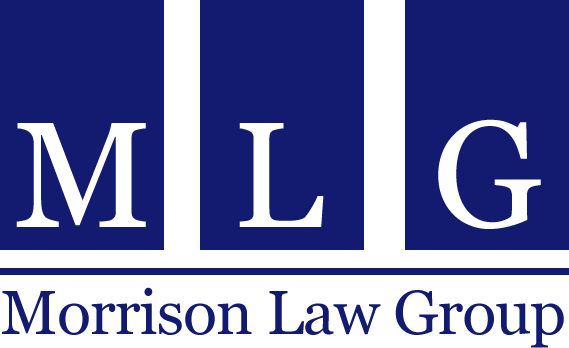When discussing bankruptcy with prospective clients who are also homeowners, inevitably the question arises about how a mortgage loan will be affected by any bankruptcy case filing. Filing any type of bankruptcy case has no negative effect on a mortgage loan that is current – each monthly payment has been made in a timely fashion. A Chapter 13 bankruptcy case may be used by homeowners who are delinquent on their mortgage to cure monthly payment arrearages.
It is important to note that Federal law, specifically the Bankruptcy Code, prohibits the terms of a mortgage loan from being modified in bankruptcy. Neither a mortgage lender nor a debtor may change the terms of such a loan. Thus, a mortgage company cannot raise the interest rate or change other terms of a mortgage loan as a punitive measure against homeowners who file bankruptcy.
Bankruptcy is a valuable tool for homeowners who wish to cure or become current on a mortgage delinquency. Bankruptcy under Chapter 13 of Title 11, otherwise known as the Bankruptcy Code, is a reorganizational mechanism that allows homeowners to repay unpaid arrearages on their mortgage obligation.
For a homeowner in default and facing foreclosure, a chapter 13 bankruptcy case utilizes the automatic stay, which enjoins or stops the collection activities of creditors, including mortgage lenders or servicing companies.
Chapter 13 bankruptcy cases allow debtors to repay mortgage arrearages – delinquent mortgage payments – in a chapter 13 repayment plan over three to five years. Again, during the pendency of a chapter 13 bankruptcy case, the automatic stay protects chapter 13 debtors from any foreclosure proceedings by the mortgage lender. However, this is contingent on chapter 13 bankruptcy debtors making their current monthly mortgage and chapter 13 plan payments on time to keep the mortgage loan current and out of default.
In Chapter 7 bankruptcy cases, a current and up-to-date mortgage will be unaffected, provided that it applies to real estate that is exempt in the bankruptcy case. A Chapter 7 discharge will release a homeowner’s personal liability for the mortgage loan at the end of the bankruptcy case. However, it is important to note that the mortgage lender’s security interest in the property remains in effect. Thus, if the homeowner fails to make payments after the bankruptcy case, the lender may still foreclose on the property. For individuals with burdensome credit card debt, a Chapter 7 bankruptcy case may still prove useful provided that the mortgage loan is current and the real estate is exempt property. This allows any American consumer to effectively utilize a Chapter 7 bankruptcy case to discharge credit card debt without disturbing the status of a mortgage loan.
If you just need to discuss your Chapter 7 or Chapter 13 bankruptcy options, the Morrison Law Group is here to answer all your questions completely, patiently, and effectively. Call 801.456.9933 today to schedule a FREE consultation. We have locations in Ogden, Logan, Sandy, and St. George to serve the residents of the counties of Weber, Cache, Salt Lake, Utah, Morgan, Davis, Washington, and surrounding areas.



